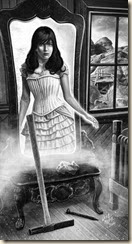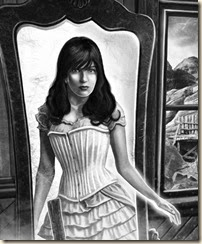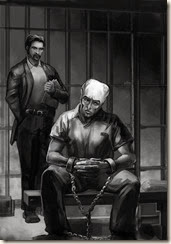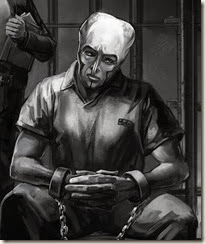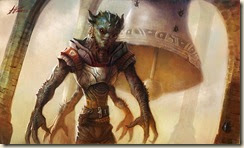My father taught me to build boats. Sailboats were his thing, but the first boat we built together was a little cedar-strip canoe – just my size. He measured me so the boat would fit with a little more room  for me to grow into it. All these years later, it’s still a beautiful boat. I named it Pooka, which made him laugh. He asked if I thought it was going to dump me at the bottom of the lake. I said, with all of my ten-year-old indignation, that other people might need to watch out, but she wasn’t ever going to dump me. Funny thing is, she hasn’t, and we’ve travelled some rough waters together.
for me to grow into it. All these years later, it’s still a beautiful boat. I named it Pooka, which made him laugh. He asked if I thought it was going to dump me at the bottom of the lake. I said, with all of my ten-year-old indignation, that other people might need to watch out, but she wasn’t ever going to dump me. Funny thing is, she hasn’t, and we’ve travelled some rough waters together.
Fifteen years after we built that boat together, he died of cancer. The summer before he got sick, we put Pooka on his big sailboat and used her to ferry us back and forth to shore as we sailed up and down Barnegat Bay. The only thing was, Pooka only had room for one, so whoever lost rock-paper-scissors-best-two-out-of-three had to swim behind. I usually lost. Dad was like that – cards, darts, coin-tosses – luck (and no small amount of skill) was always on his side with those kinds of things (though not at all when it came to car repairs or plumbing or trying to re-wire the house – there’s a whole novel’s worth of stories in those adventures).
Dad was a storyteller and a teacher. He sang dirty Irish drinking songs to me and my brothers and sister and explained all the words and innuendos we didn’t know. He travelled all over the world and brought back stories of his adventures. Often times, he took us with him. He spent an entire summer telling us about the Voyage of St. Brendan, one island a night. I’m pretty sure Dad’s version had a lot more to do with what would keep us entertained than the traditional story. On the other hand, the old monk just might have sailed to an 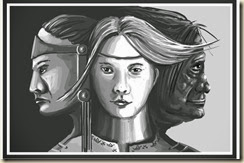 island with a winged unicorn: an orange one with flames for a mane, because I wasn’t a pink kind of girl and white was boring.
island with a winged unicorn: an orange one with flames for a mane, because I wasn’t a pink kind of girl and white was boring.
I wrote Salt and Sand for my father. It took a long time to get it right. It is a fantastical adventure, because he preferred a good healthy dose of the surreal in his stories. In his defense, some of the adventures we had together travelled well into “they’re never going to believe this back home” territory. There are monsters who are not monsters and heroes who happen to be real people who have kind of messed up the personal side of things because they were busy being heroic.
Dad’s heroes were realistic. When he was telling stories, he didn’t try to hide the fact that people weren’t perfect and most are born with a full range of emotions (even the uncomfortable ones). They didn’t always make it out of the story alive and whole. What made them heroic was that they kept trying.
With Salt and Sand, I wanted to write a story that would have kept him entertained. I wanted it to feel like one of his stories and one of mine too. Because this one’s for him, the vehicle for transformation is a small sailboat. Without the boat, there is no story. It is rough and worn with distance travelled, but it’s sturdy enough for another journey. It was made to safely carry its occupants beyond the world and back again. It will take them as far as they have the will to go.
--Kate O’Connor
